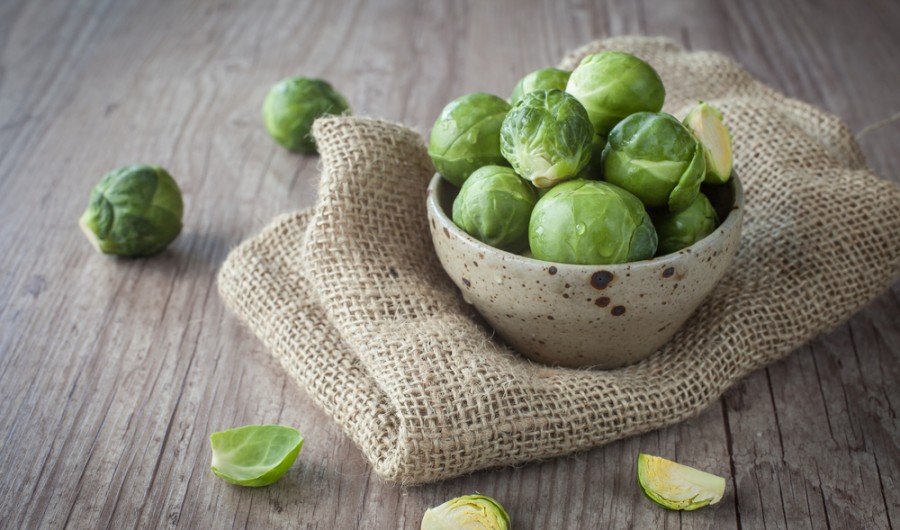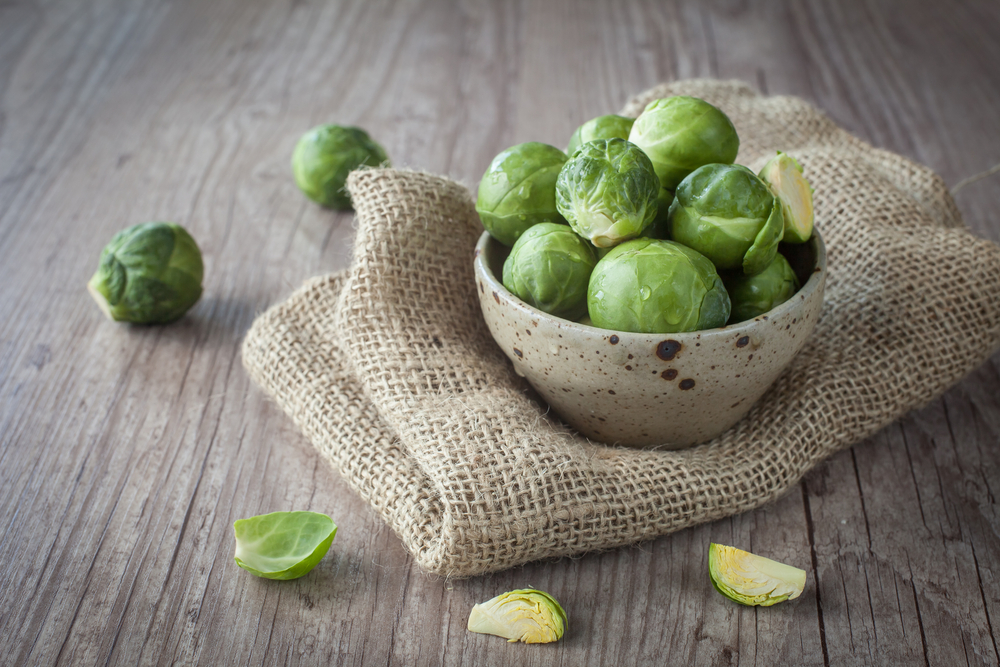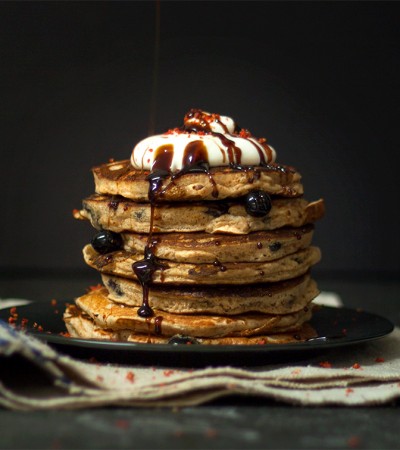The festive season is traditionally a healthy eater’s nightmare. Throughout December it’s the norm to start the day with chocolate, there are almost unavoidable high fat/sugar food combinations at every social gathering and that’s not even taking alcohol consumption into account. But fret not. There are certain festive foods, which are guilt, gluten and sugar-free.
Turkey: Meat-eaters rejoice. A free range turkey is a lean source of high-quality protein, particularly high in the amino acid tryptophan, a building block of the brain compound serotonin, which can help induce sleep whilst also improving sleep quality which is critical for immune function, metabolism, memory, learning and other functions.
Nut Roast: You don’t have to be a vegetarian to enjoy a nut roast, which is an excellent way to incorporate good fats, protein and complex carbohydrates. Avoid processed Nut Roasts, which tend to be high in hydrogenated fats. Try this Kale and Roast Tomato Nut Roast recipe.
Cranberries: An excellent source of vitamin C and soluble and insoluble fibre, as well as manganese, copper and antioxidants. Clinical research shows that cranberries, both juice and extract, can reduce the risk of recurrent urinary tract infections.
Brussels Sprouts: These cruciferous vegetables often get passed along the table so make sure you tuck in. Brussels sprouts are similar in nutritional value to broccoli. Proving vitamins C and K, beta-carotene, vitamins B6, fibre, thiamine, and potassium.
Chestnuts: Thanks to Nat King Cole these sweet, chewy nuts are traditional favourites that work wonderfully with sprouts. Chestnuts are the only low-fat nuts, containing 1g fat and 70 kcals, primarily from carbohydrates, per 30g of dry/ roasted nuts. They are also the only nuts that contain vitamin C, great for stress support, and are an excellent source of manganese, copper and magnesium.
Cinnamon and Nutmeg: Nutmeg has long been used to lessen wind formation and prevent flatulence. Some confirmed effects of cinnamon are as a sedative for smooth muscle, a circulatory stimulant, carminative and as a digestant.
By Kathryn Fielding
Hip and Healthy Ambassador
Nutritional Therapist DipION, mBANT, CNHC Registered
Yoga Teacher
@kathryn_fielding
www.kathrynfielding.co.uk














